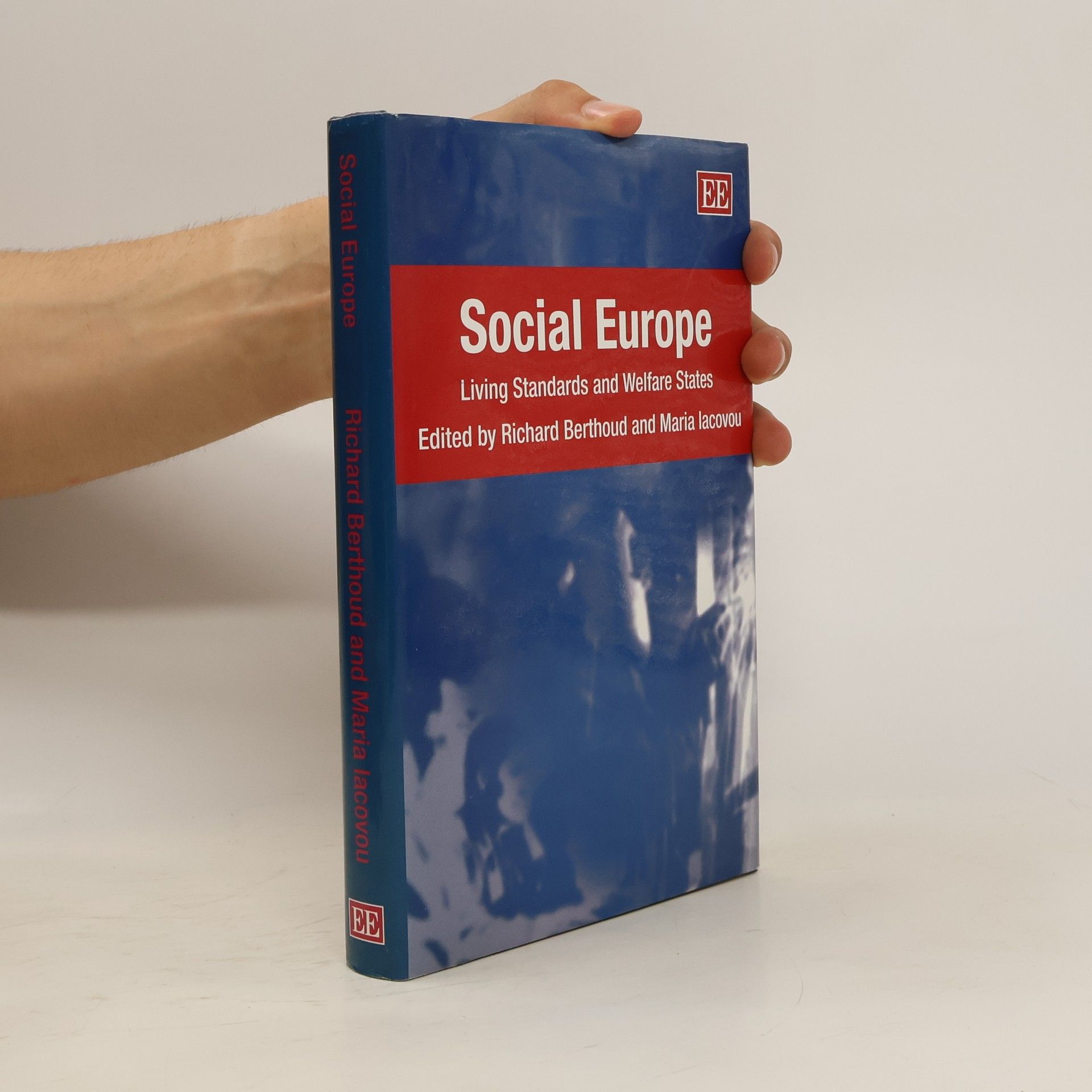Identifying the effects of country and of social policy regime on individual outcomes, Social Europe will provide new insights for social scientists, especially those involved in European comparative research, or whose interests lie in the fields of family, employment, income or social exclusion.
Richard Berthoud Boeken
